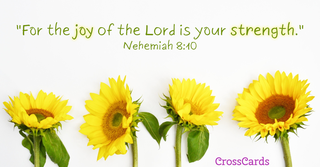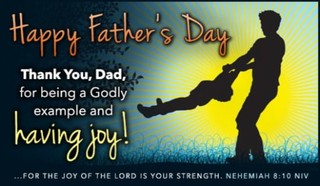
- Recent Translations
- All Translations
Neemia 8:15
Share
Settings
Neemia 8:15 Meaning and Commentary
And that they should publish and proclaim in all their cities,
and in Jerusalem
That is, as Jarchi interprets it, by supplying it thus,
and they commanded that they should publish
Ezra and those with him gave orders that heralds should proclaim in all cities where the Jews dwelt that the feast of tabernacles would be kept, and they should prepare for it; and which seems to be the true sense, since it is not written in the law that such a proclamation should be made; but this was an order of their own, thereby to give notice of it, that all might be provided:
go forth unto the mount, and fetch olive branches, and pine branches,
and myrtle branches, and palm branches, and branches of thick trees,
to make booths, as it is written;
in ( Leviticus 23:40 ) , where the first three of these seem to be called boughs of goodly trees; though the Jews F18 commonly understand them of pomecitrons, of which the Syriac version here interprets the myrtle branches; and by them are meant the citron branches, with the leaves and fruit, and which the Jews make absolutely necessary to the keeping of the feast, and for beautiful ones will give a large price; some of them go every year to Spain, and buy as many as they can, and dispose of them wherever Jews live F19: and those branches were to be fetched, not properly speaking to make the booths of, which were made of boards and planks, but for the decoration of them; and it was not necessary, according to Aben Ezra, that some of each of these should be gathered for that purpose, but of any sort of them; for he interprets the words disjunctively olive branches, or pine branches, or myrtle branches these, according to the common notion of the Jews, were tied up in little bundles, and carried in the hand, which they call "lulabs"; and they observe F20, the thick branches were for them, which included the rest; now these they were to fetch from the mount of Olives, and other mountains about Jerusalem; near to which also there was a place called Motza F21; whither they went, and gathered the willows of the brook mentioned in ( Leviticus 23:39 ) .
F18 T. Bab. Succah, fol. 35. 1.
F19 Buxtorf. Synagog. Jud. c. 21. p. 454.
F20 Succah, fol. 12. 1.
F21 Misn. Saccah, c. 4. sect. 5.
